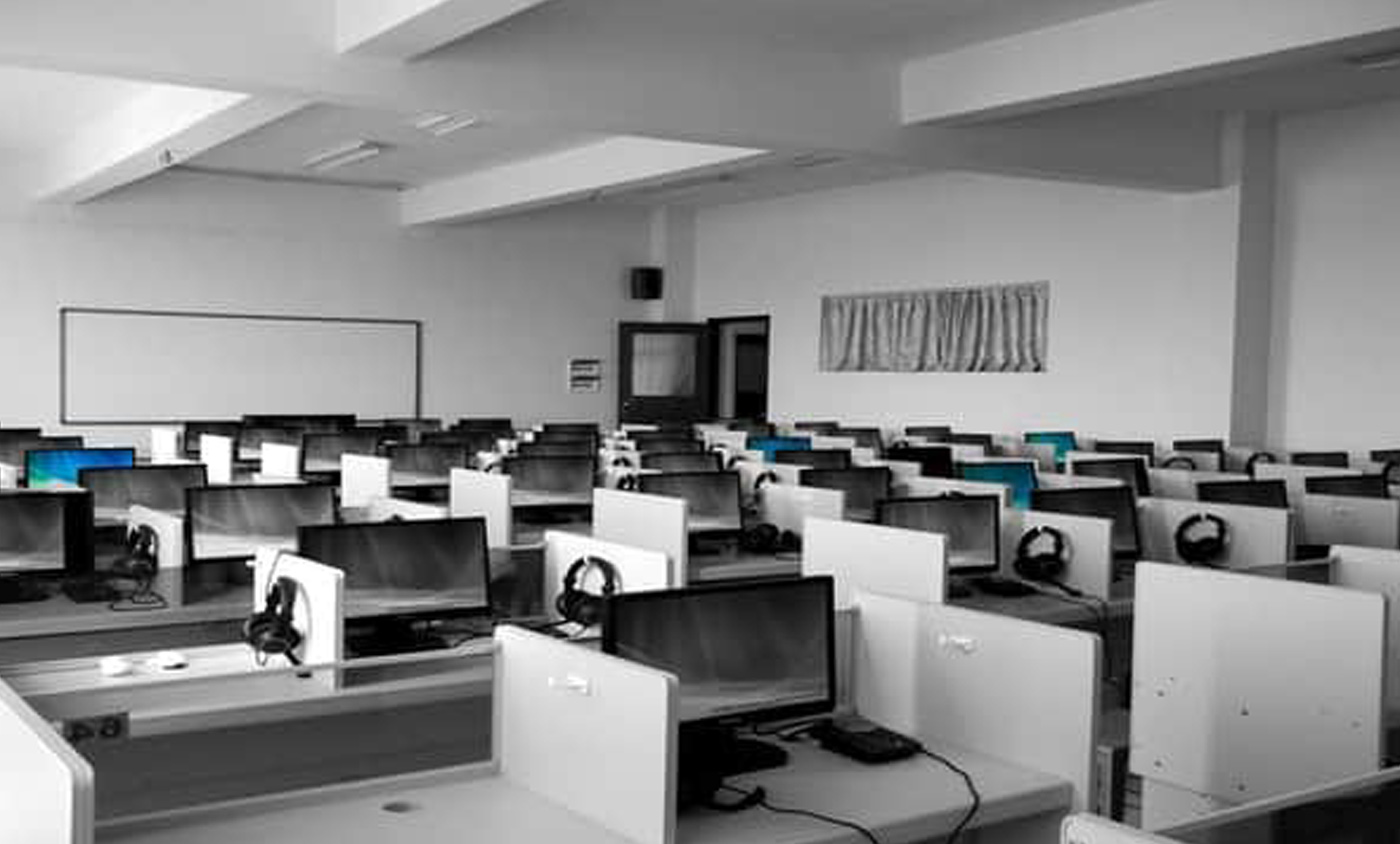Regardless of the particular niche in which your business operates, it’s almost inevitable that you’re going to need a network of computers and the attendant equipment to service you and your staff members. While start-ups and fledgling entrepreneurs may be able to get by on a single personal computer, before long the expansion of operations will necessitate purchasing multiple units in order to meet your growing needs.
Before you splash the cash on this most vital piece of office equipment, it’s important that you take some time to assess exactly what those needs are and which computer equipment will be best suited to meet them. Below are a few pointers on how to go about choosing office hardware that’s right for you.
Get your numbers right
First and foremost, you’ll need to know exactly how many computers you’re going to need for your office space. As a general rule, you may want to order several more units than the current number of employees, since all successful businesses expand over time, though be mindful of budgetary concerns when making a decision. If possible, negotiate a bulk discount for purchasing a high number of computers all at once. Portability vs performance Once you’ve determined how many computers you need, you’ll then need to decide whether you require desktops or laptops. The former are generally cheaper for a similar or even better set of specifications, and also have the advantages of being more robust, durable and easier to upgrade. Laptops, on the other hand, are incredibly portable, making them ideal for members of the team who need to work on the go (such as salespeople, for example).
Stay ahead of the curve
It might be tempting to save some cash by plumping for last year’s models, but cutting those corners now could cost you in the long run. Typically, new computers are designed to last around three years; if you buy an outdated model, you’re automatically setting yourself back one year. As a result, it could be more cost-effective to simply bite the bullet and stump up the cash now, rather than having to pay for it in downtime, IT support or premature upgrades further down the line.
Know your needs
It’s good practice to secure the best processor you can, since this will comprise the very backbone of your computer and will have a knock-on effect on everything you do on it. However, it’s not the only thing you need to consider; you may also want to take into account the number of cores you need, the amount of RAM necessary and whether or not you’ll require sophisticated graphics and video cards. Again, this will depend entirely on the line of work you’re in, so make sure you know your needs before purchasing.
Shop around
Last but not least, it’s imperative that you put in the hard yards sourcing the best deal for your particular circumstances. Visit web forums, read user reviews, take advantage of price comparison sites and enquire directly about the possibility of discounts and deals. The computer equipment in your office will be used all day, every day for years to come – so you want to spend some time making sure it’s absolutely right for you.





